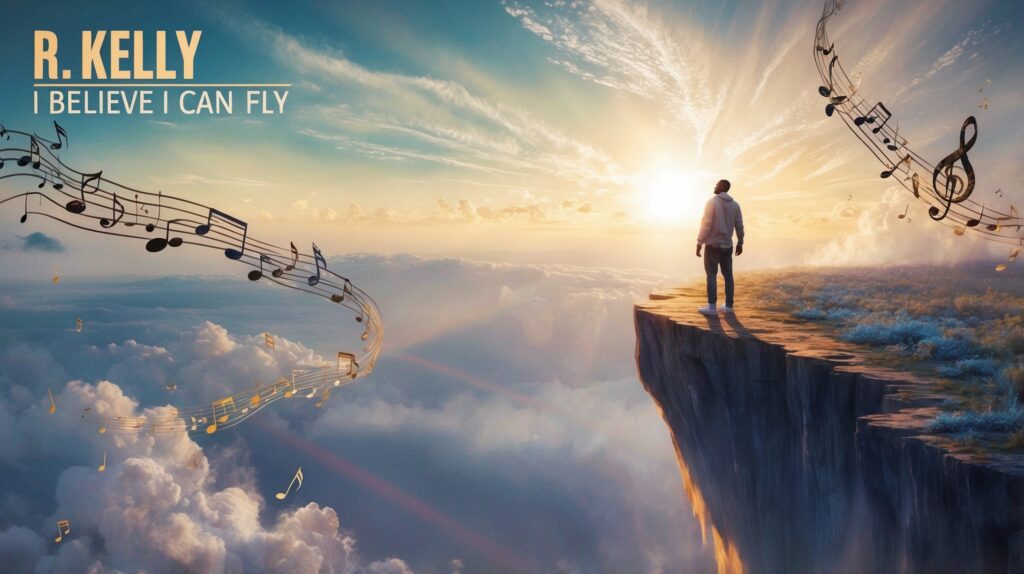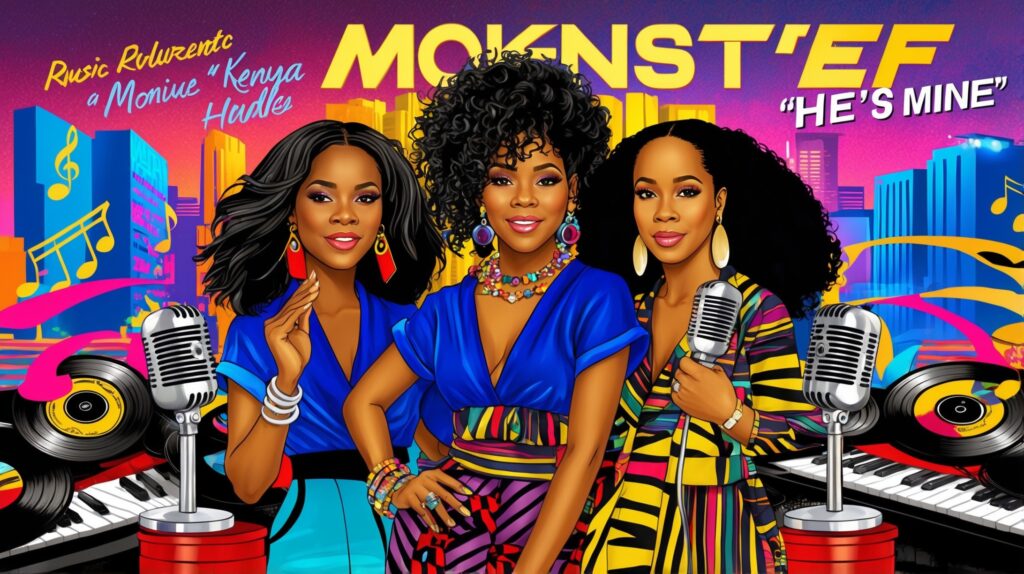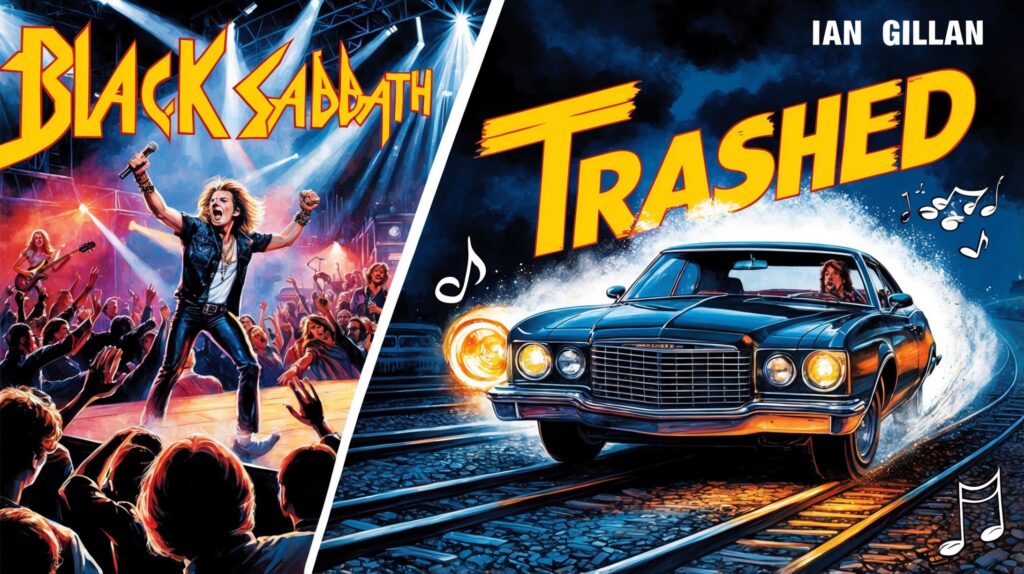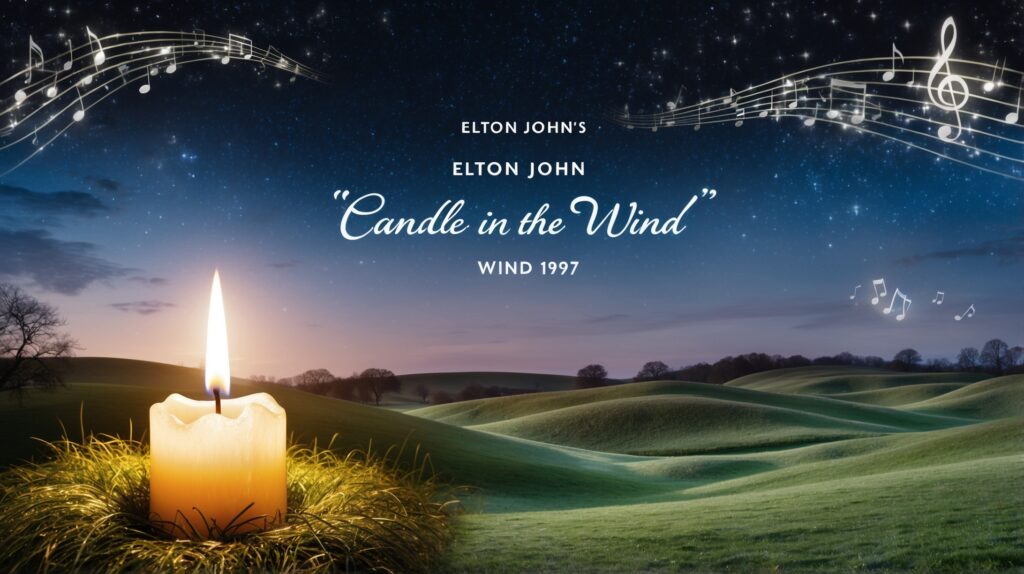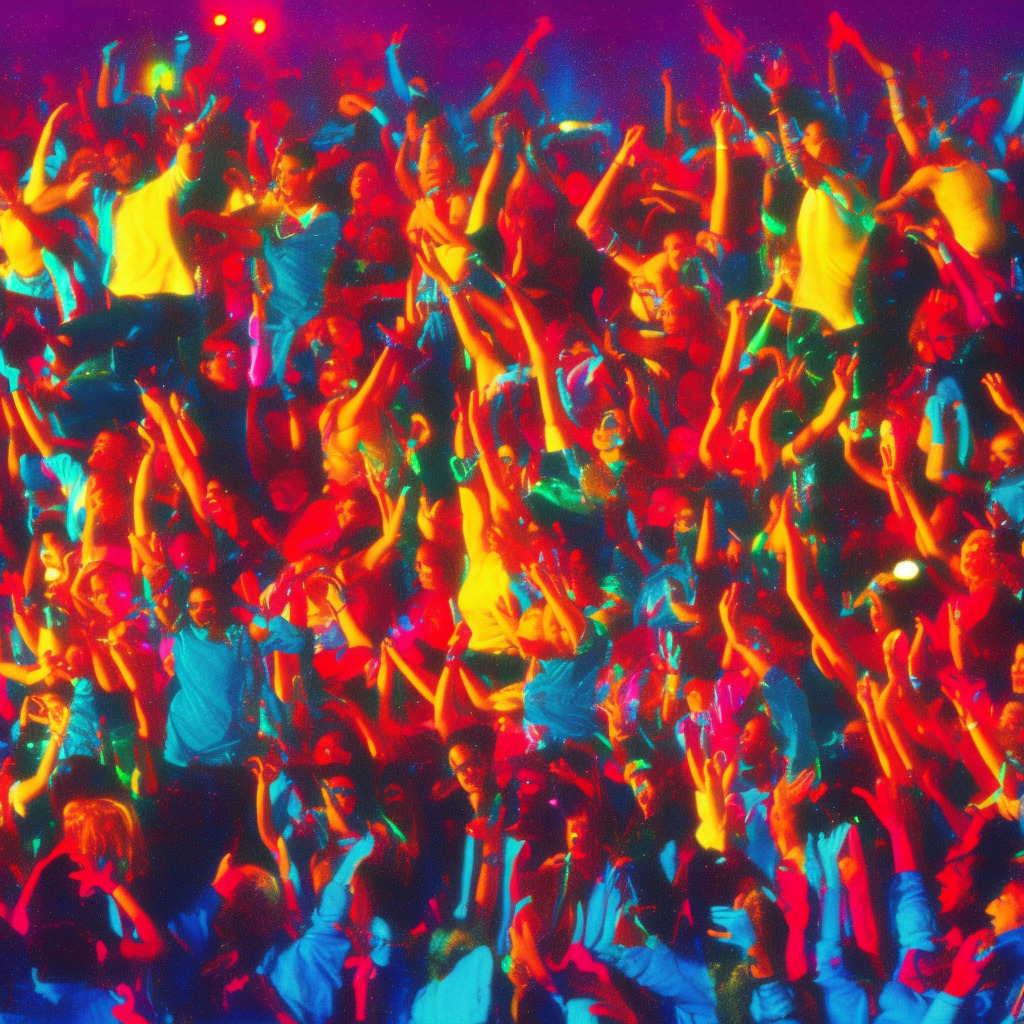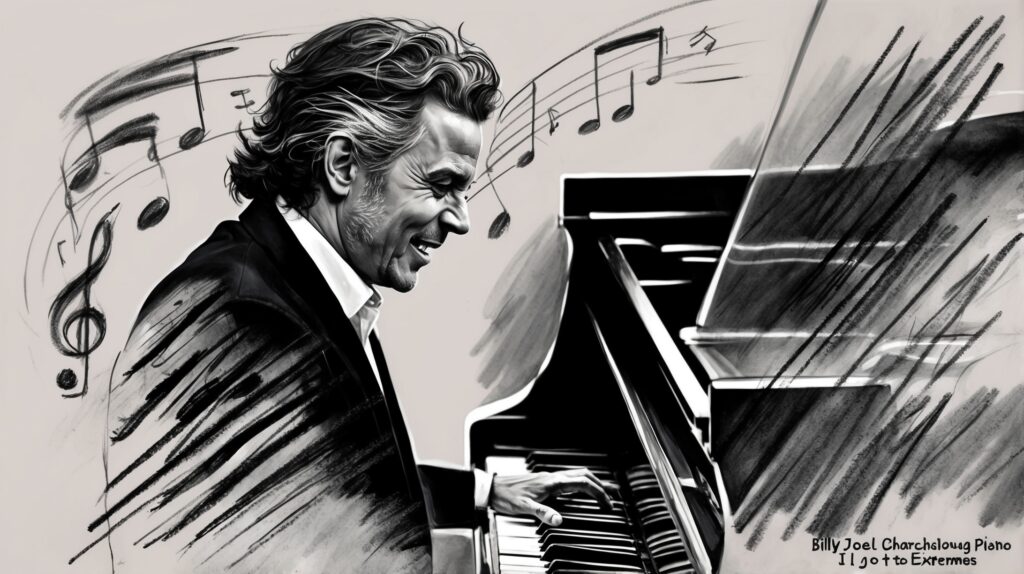The Evolution and Influence of R. Kelly
Explore the journey of R. Kelly, focusing on his career evolution during the release of “I Believe I Can Fly”—a song that transformed his musical identity and highlighted his versatility.
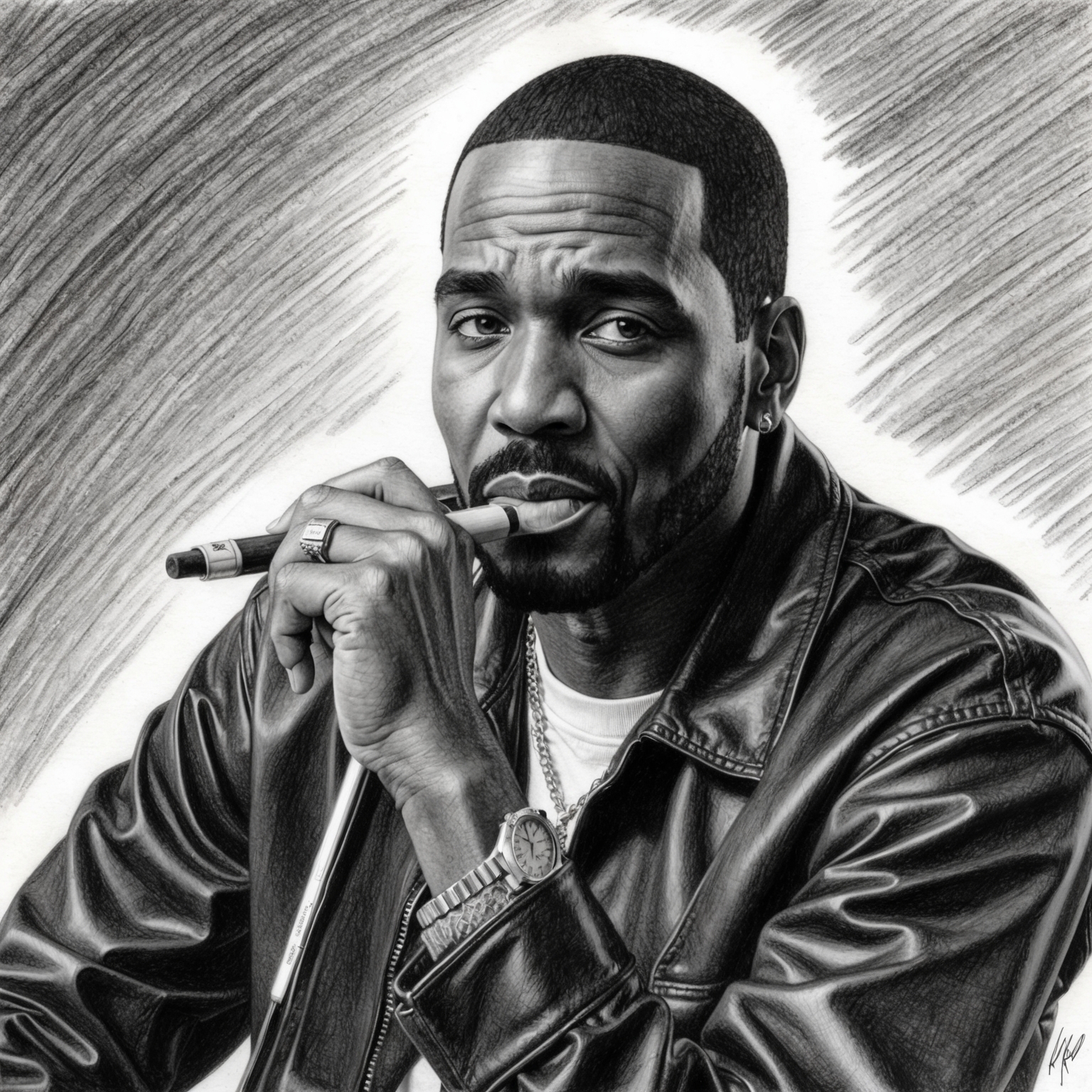
R. Kelly’s career trajectory changed dramatically with the release of “I Believe I Can Fly,” a song that catapulted him to global fame and showcased his versatility as an artist. This iconic track, often associated with the movie Space Jam, is not only a testament to Kelly’s talent but also marked a pivotal moment in his artistic journey. Prior to this song, R. Kelly was predominantly known for his work within the realms of R&B and hip-hop, often exploring themes of romance and desire. “I Believe I Can Fly” broke new ground for him, demonstrating his ability to cross over into the inspirational and motivational genre, which broadened his fan base significantly.
Born as Robert Sylvester Kelly in Chicago, Illinois, R. Kelly developed a passion for music at a young age. Raised in the public housing projects of Bronzeville, Chicago, his early life was fraught with challenges, yet music served as his escape. He got his start in the local music scene by forming the group Public Announcement and later went solo, releasing a slew of R&B hits that defined the cultural soundscape of the 1990s. It was during this thriving period of his career, in the mid-1990s, that “I Believe I Can Fly” was conceived, establishing him as not just an R&B star but a pop culture icon.
The release of “I Believe I Can Fly” in 1996 coincided with an era marked by collaborations and lyrical innovation in the music industry. R. Kelly was no stranger to collaborations, working with a variety of artists across different genres, including Janet Jackson, Aaliyah, and Michael Jackson. His collaborative works often highlighted his ability to adapt and bring a unique voice to each project. With “I Believe I Can Fly,” however, the creative process was introspective, drawing from personal experiences and a desire to craft something universally uplifting. Its initial reception was overwhelmingly positive, resonating with audiences worldwide and earning a revered place in the music scene of the 90s.
The Maestro Behind ‘I Believe I Can Fly’
R. Kelly, the composer of ‘I Believe I Can Fly,’ combines gospel and R&B influences, creating an inspiring anthem that resonates globally.
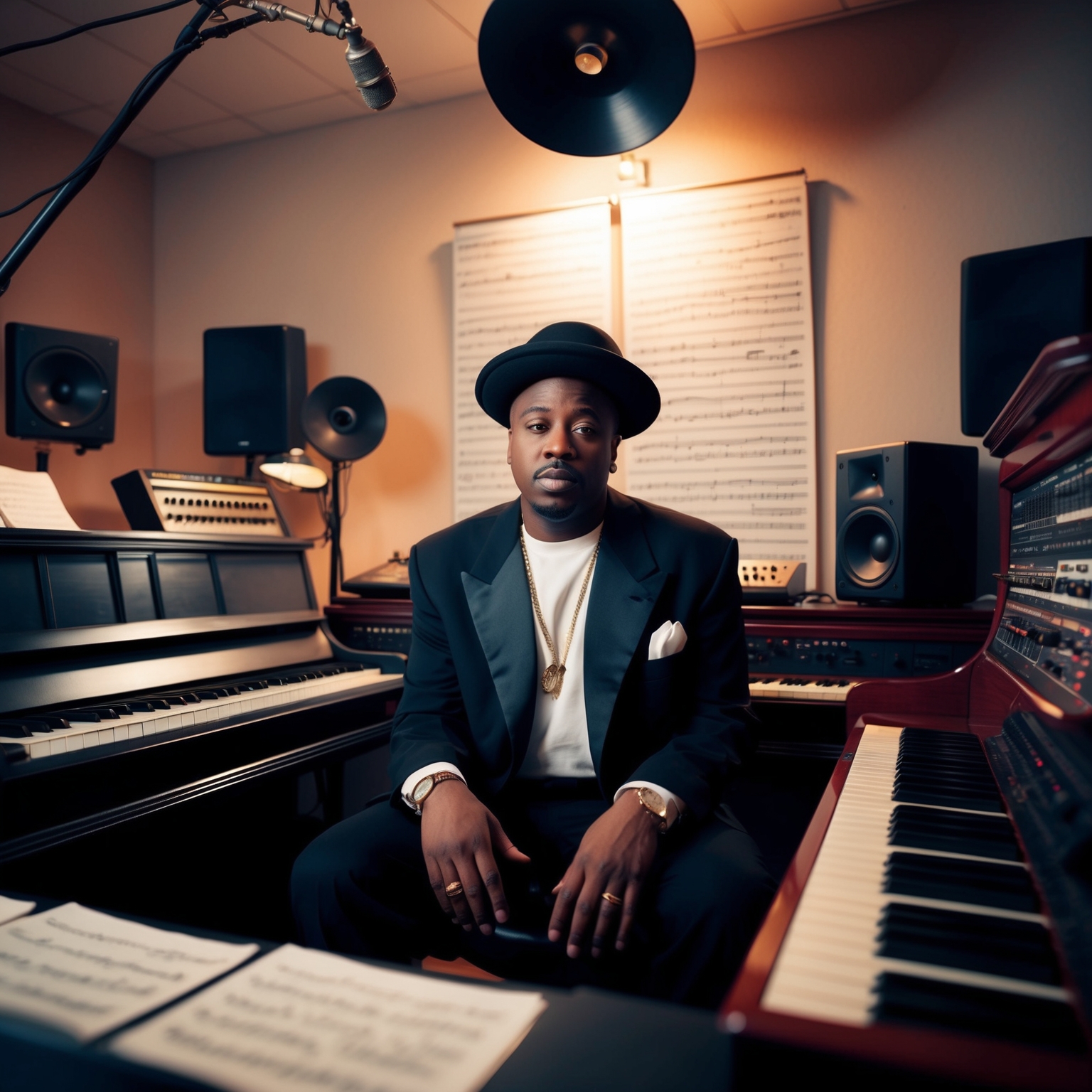
R. Kelly, an R&B sensation known for his velvety vocals and compelling songwriting, is also the mastermind behind the composition of ‘I Believe I Can Fly.’ Born Robert Sylvester Kelly in Chicago, Illinois, he embarked on his musical journey in the late 1980s. Over the years, R. Kelly showcased a unique blend of gospel, soul, and contemporary R&B which has defined his career. His combination of musical talent and storytelling have solidified his position as a prolific figure in the music industry.
Exploring R. Kelly’s musical style reveals a rich tapestry of influences, including the soulful melodies of Stevie Wonder and the emotive storytelling of gospel music. His compositions often revolve around themes of inspiration, love, and redemption. ‘I Believe I Can Fly’ is an exemplary manifestation of these themes, blending gospel-inspired orchestration with the empowering narrative of overcoming adversity. Kelly’s ability to evoke emotion through melodic progression and lyrical content is a testament to his compositional prowess.
In terms of collaborations, R. Kelly has worked with a myriad of artists across various musical genres, from Celine Dion to Jay-Z, highlighting his versatility and broad appeal. His role in the creation of ‘I Believe I Can Fly’ was not only as a composer but also as a performer, infusing the track with his quintessential vocal style. The song’s ability to motivate and inspire listeners around the world can largely be attributed to Kelly’s structured composition that harmonizes heartfelt lyrics with a stirring musical arrangement.
Achievements and Cultural Impressions
Explore the prestigious awards, memorable covers, and widespread media appearances of “I Believe I Can Fly,” showcasing its influence and impact over time.
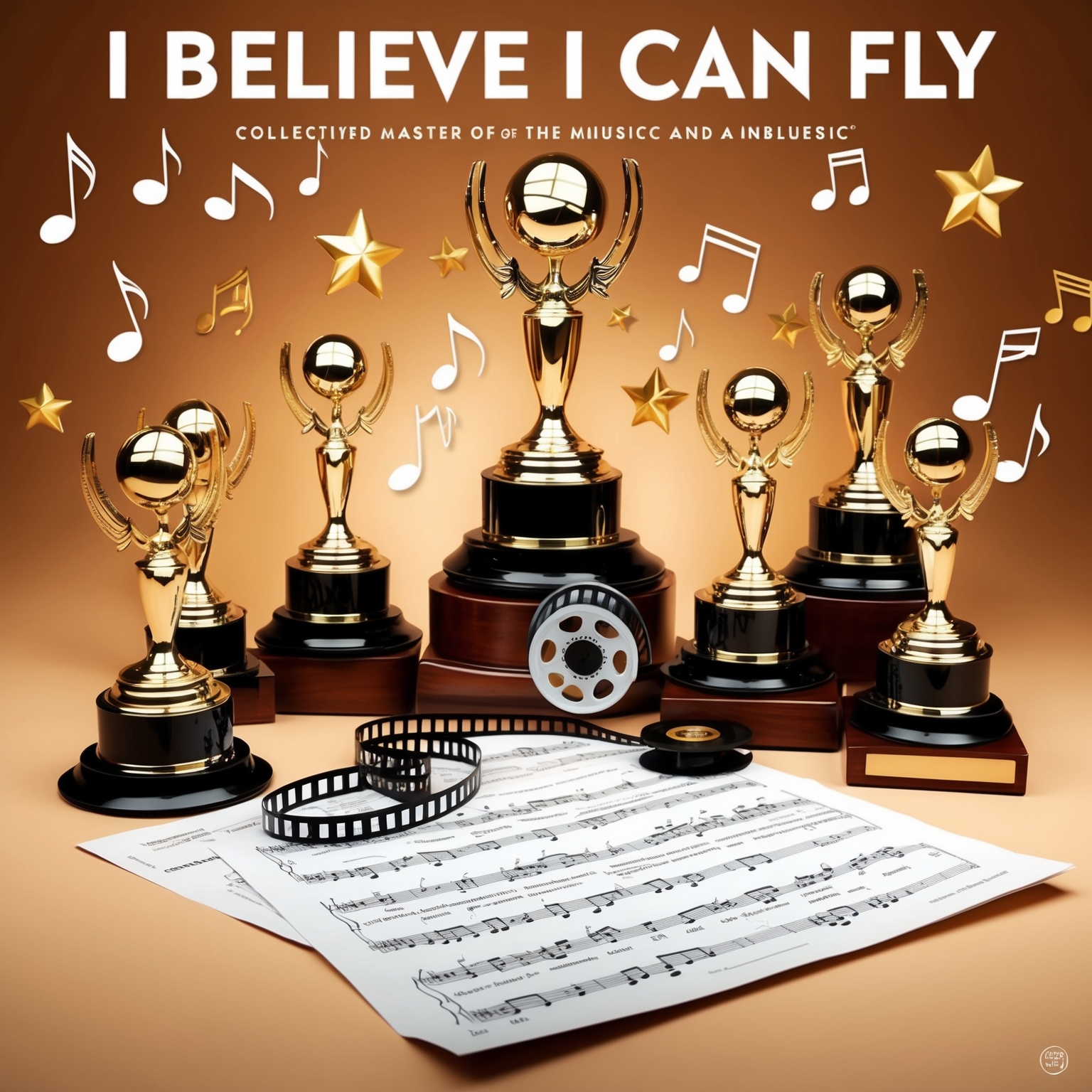
R. Kelly’s iconic track “I Believe I Can Fly” is particularly renowned for its impressive collection of awards and recognitions. Released in 1996 as part of the soundtrack for the animated movie Space Jam, the song quickly soared to fame. It earned three Grammy Awards in 1998: Best Male R&B Vocal Performance, Best R&B Song, and Best Song Written for a Motion Picture, turning it into a celebrated anthem of the 90s. These awards cemented R. Kelly’s position as a staple in the music industry.
The song has attracted numerous artists who have been inspired to create their own renditions. One of the most notable covers is by the gospel group The McClurkin Project, who performed a moving rendition that brought a gospel twist to the inspirational lyrics. Singer Yolanda Adams also delivered a powerful cover, showcasing the song’s versatility and appeal across different music genres. These covers highlight the song’s broad influence and its ability to resonate deeply with audiences.
“I Believe I Can Fly” has made numerous appearances across various media, further contributing to its status as a cultural cornerstone. In addition to its role in Space Jam, the song has been featured in movies like Dr. Dolittle 2 and Ice Age: The Meltdown, as well as on television shows such as The Bernie Mac Show and Glee. These appearances underscore the track’s pervasive impact, illustrating how its message of empowerment and resilience continues to inspire and entertain audiences worldwide.
An Unstoppable Anthem: Chart Triumph and Impact
Explore how ‘I Believe I Can Fly’ soared to incredible chart success, becoming a cultural anthem with a significant impact on R. Kelly’s career and beyond.

“I Believe I Can Fly,” released in November 1996 as part of the soundtrack for the movie Space Jam and later included on R. Kelly’s 1998 album R., quickly became a global sensation. Initially making its mark on the Billboard Hot 100, the song debuted at number 60 and soared to a peak position of number 2. The chart performance in the US was mirrored internationally, reaching the top three in countries like the UK, Canada, and the Netherlands, showcasing its broad appeal and universal message of hope and perseverance.
When compared to other tracks in the charts at the time, “I Believe I Can Fly” stood out due to its inspirational themes and smooth blend of soul and pop elements. While other R&B artists were leaning towards the more hip-hop-influenced sounds of the late ’90s, R. Kelly’s ballad was a refreshing divergence, capturing widespread attention. This success not only solidified R. Kelly’s status as a premier R&B artist but also marked a pivotal point in his career, demonstrating his versatility in producing hits across various genres.
From a marketing perspective, the song benefited significantly from its association with the Space Jam soundtrack, which was highly anticipated due to the involvement of basketball legend Michael Jordan. The music video, which featured scenes from the film, along with robust radio play and poignant live performances, played an integral role in its promotion. Critics lauded the track, hailing it as an inspiring anthem. The song’s legacy extends beyond its initial chart success, becoming a staple in various cultural and personal motivational contexts, its message enduring through time.
Visual Storytelling: The Enchanting Music Video of ‘I Believe I Can Fly’
Explore the visual narratives associated with ‘I Believe I Can Fly,’ including live performances and its impactful role within ‘Space Jam,’ that amplify its uplifting essence.

‘I Believe I Can Fly’: A Visual Odyssey
The music video for ‘I Believe I Can Fly,’ although not as prominent as others, plays a crucial role in portraying the song’s uplifting and inspirational message. Released in late 1996 alongside the song’s growing success, the video invites viewers into a meticulously crafted visual narrative. The video is imbued with themes of hope, ambition, and transcendence, reflecting the song’s lyrical essence. While a traditional official music video isn’t strongly associated with the song, its thematic resonance has been captured in various fan-made videos and live performances.
The Cinematic Impact on Popularity
Even in the absence of a definitive music video, the song’s breathtaking appeal was amplified via live performances and its integration into visual media such as films and award shows. Opportunities like R. Kelly’s live rendition of the song during music award ceremonies have often served as de facto video experiences, leaving audiences mesmerized and cementing the song’s place in pop culture. These visual interpretations contribute greatly to the song’s enduring popularity and emotional impact.
Visual Collaborations and Impact
The song ‘I Believe I Can Fly’ has garnered various visual interpretations through different media formats. Projects like fan videos and tribute performances have infused new interpretations into this classic piece. Although lacking an official music video with celebrity cameos or renowned directors, the song thrives visually via its inclusion in substantial projects such as the movie ‘Space Jam,’ which featured Michael Jordan and helped elevate the song’s reach and appeal across diverse audiences.
The Musical Anatomy of ‘I Believe I Can Fly’
“I Believe I Can Fly” showcases R. Kelly’s exploration of orchestral and gospel influences, with a captivating melody and harmonious backing vocals that highlight his artistic evolution.
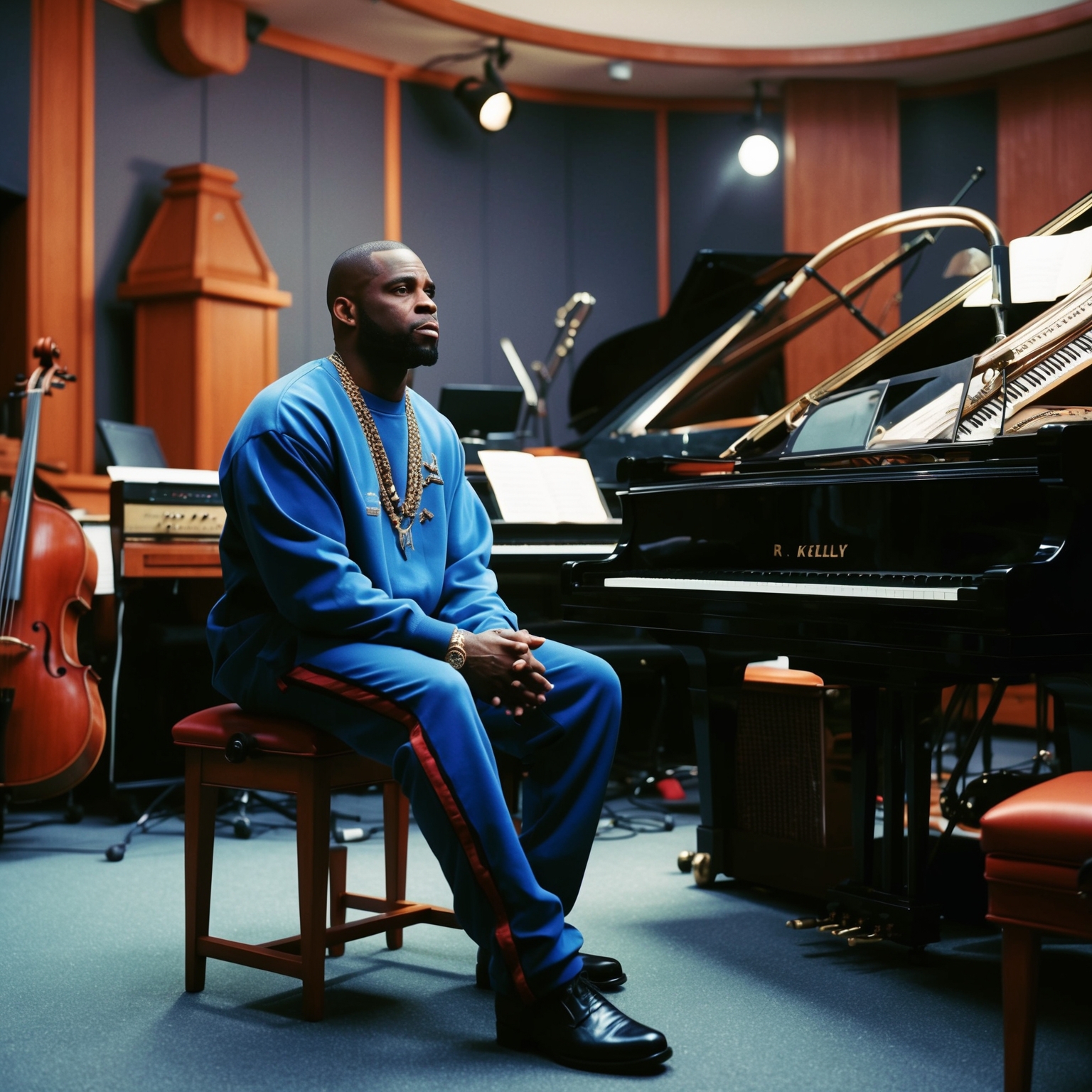
“I Believe I Can Fly” by R. Kelly is a classic composition that strikes a perfect balance between emotional resonance and technical sophistication. The song is written in the key of C Major, which complements its uplifting and inspirational message. This key choice provides a warm and approachable feeling, inviting listeners to get lost in its melody.
The chord structure of the song primarily revolves around the I-IV-V chord progression, with some embellishments to enhance its emotional appeal. This traditional yet effective progression gives the song a sense of familiarity and comfort. The tempo is set at a moderate pace, around 60 BPM, creating a steady and contemplative rhythm that accentuates the song’s introspective lyrics and melodious flow.
In terms of melody, the song employs a call-and-response pattern typical of gospel music, lending it a spiritual essence. The harmony is enriched by backing vocals, adding layers and depth to the track. The rhythm section is restrained, primarily utilizing piano and string arrangements. These instruments contribute to the song’s orchestral feel, enhancing its grandeur and emotional pull. As for percussion, it is kept minimal to ensure the focus remains on the vocal delivery and lyrical themes.
Compared to R. Kelly’s other works, “I Believe I Can Fly” stands out due to its orchestral arrangement and gospel influences, differing significantly from his more R&B-centric tracks. This song represents a pivotal point in R. Kelly’s discography, showcasing his versatility and willingness to explore different musical styles. With its grand arrangement and universal appeal, it marks a notable evolution in his artistic journey, embracing a broader and more mature musical palette.
Recorded in a renowned studio, the production quality of “I Believe I Can Fly” is top-notch. An interesting anecdote from the recording session is how the song was created quickly, with Kelly reportedly saying the melody came to him in a daydream. This spontaneous creation process underscores the organic and heartfelt nature of the song.
Exploring the Inspirational Verses Behind ‘I Believe I Can Fly’
The lyrics of ‘I Believe I Can Fly’ by R. Kelly explore themes of hope, self-belief, and personal transformation. Through metaphoric storytelling and the powerful use of literary devices, the song narrates an individual’s journey from despair to empowerment, resonating with audiences worldwide. Its simple yet profound language ensures a universal appeal, inviting diverse interpretations and emotional connections.
And life was nothing but an awful song
But now I know the meaning of true love
I’m leaning on the everlasting arms
If I can see it, then I can do it
If I just believe it, there’s nothing to it
I believe I can fly
I believe I can touch the sky
I think about it every night and day
Spread my wings and fly away
I believe I can soar
I see me running through that open door
I believe I can fly
I believe I can fly
I believe I can fly (woo)
See I was on the verge of breaking down
Sometimes silence can seem so loud
…
******* This Lyrics is NOT for Commercial use *******
 Lyrical Themes and Messages:
Lyrical Themes and Messages:
At the heart of ‘I Believe I Can Fly’ lies a resounding theme of hope and self-belief. The lyrics convey a powerful message of overcoming adversity through faith and conviction. Through personal introspection, the song narrates a journey from despair to redemption. The idea of flight as a metaphor for achieving dreams transcends personal beliefs, making it universally relatable and timeless.
Narrative and Storytelling:
The song adopts a first-person perspective, creating an intimate connection with listeners. It narrates an individual’s transformation from feeling constrained by life’s challenges to realizing the limitless potential within. This narrative style is impactful as it invites listeners to reflect on their own struggles and triumphs. By expressing vulnerability in the beginning and culminating in empowerment, the story within the lyrics fosters a sense of personal growth.
Use of Literary Devices:
The use of metaphors is significant, with flying symbolizing freedom and aspiration. The alliteration in the phrase “Spread my wings and fly away” enhances the lyrical rhythm, drawing listeners into the uplifting emotions conveyed. The repetition of “I believe” serves as both affirmation and encouragement, reinforcing the song’s motivational message.
Emotional Impact and Relatability:
The emotional resonance of the lyrics lies in their universality. Many find solace and inspiration in lines like “See I was on the verge of breaking down,” which express raw emotion and vulnerability. This relatability helps connect the song to a wide audience, emphasizing the shared human experience of seeking hope amidst adversity.
Language and Wordplay:
The language in the song is straightforward yet profound. The simplicity of expressions like “I believe I can fly” makes the message accessible, while the imagery of soaring highlights the potential for greatness within us all.
Fan Theories and Interpretations:
Over time, fans have offered various interpretations of the song’s lyrics, often attributing their own life experiences to the song’s message. Some see it as an anthem for perseverance, while others view it as a reflection on personal spirituality. These differing interpretations contribute to the song’s enduring impact and appeal.
? Did you know? R. Kelly dreamt up I Believe I Can Fly during a daydream! ?✨ A song that still lifts spirits! #ThrowbackThursday #MusicMagic #IBelieveICanFly ?? tinyurl.com/4uuv8unu
Click to Tweet

